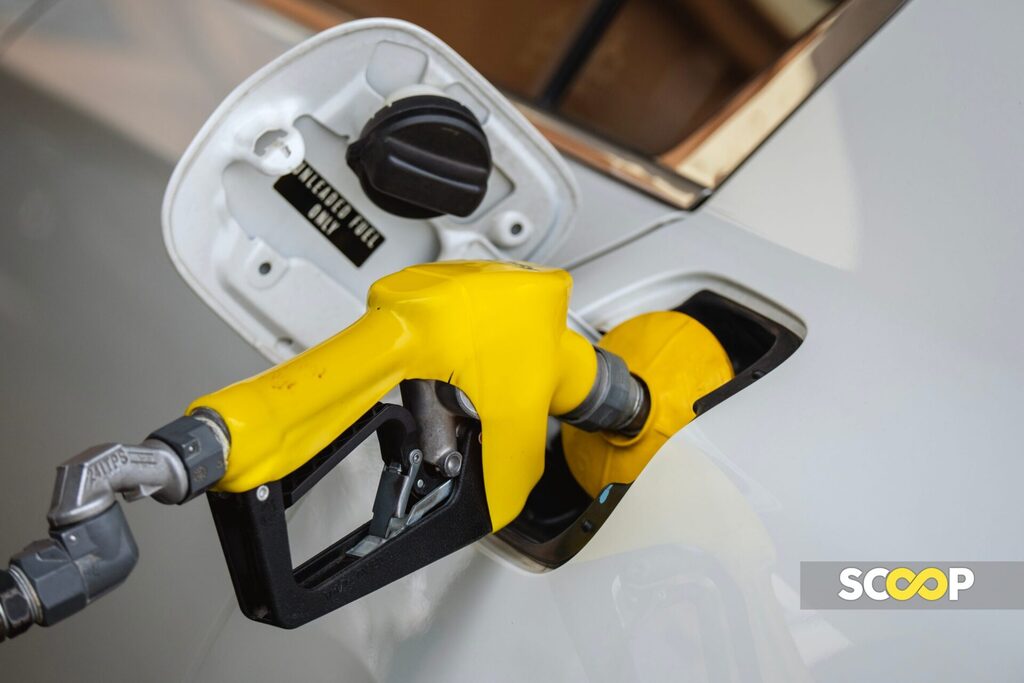KUALA LUMPUR – Despite an increasingly challenging global economic environment, including the impact of US tariffs, the planned targeted subsidy implementation for RON95 petrol should not be delayed, in order to continue Malaysia’s economic reforms.
Speaking to Scoop, Bank Muamalat Malaysia Bhd chief economist Mohd Afzanizam Abdul Rashid said that although US tariff policies would inevitably affect both the global and local economies, they should not be used as an excuse to hinder efforts to improve Malaysia’s fiscal position.
He emphasised that targeted subsidies must proceed as planned, as the government needs to allocate spending towards critical sectors such as education, healthcare, and infrastructure.
“Any delay in implementing targeted subsidies could damage the government’s credibility in executing economic reforms.
“Currently, Brent crude oil prices are relatively low (below US$70 per barrel), providing an opportunity for the government to rationalise fuel subsidies, as the gap between subsidised and market prices is narrower,” he told Scoop today.
The recent imposition of retaliatory tariffs by the US has sparked debate among economists over whether the government should proceed with the rationalisation of RON95 subsidies, which is scheduled for mid-year.

However, less than 24 hours after the announcement, US President Donald Trump postponed the enforcement of the new tariffs on dozens of countries, including Malaysia, for 90 days following a sharp downturn in global stock markets.
Some economists, such as Socio-Economic Research Centre (SERC) executive director Lee Heng Guie , have urged the government to defer certain domestic policy changes, including RON95 subsidy rationalisation, due to the uncertainties triggered by the US tariffs, which could potentially hurt Malaysia’s export performance.
Commenting further, Mohd Afzanizam said the move to delay retaliatory tariffs against the US and instead pursue negotiations was the right course of action.
“Thus, it is important to clearly identify the challenges at hand and to implement the necessary solutions,” he said.
However, he stressed that communication strategies must be strengthened to ensure the public understands the rationale behind the fuel subsidy rationalisation.
“The adjustment to RON95 fuel subsidies could also help address issues such as leakages, particularly involving smuggling activities and the consumption of subsidised fuel by foreigners,” he added.
Recently, Finance Minister II Datuk Seri Amir Hamzah Azizan announced that the government would reveal the full mechanism for the RON95 subsidy rationalisation to the public after the first half of the year. The plan will use the MyKad identification system and a two-tier pricing structure.
He said the mechanism is still being finalised to ensure a carefully considered approach, as the government does not wish to rush the implementation of such an important policy.
In Budget 2025, the government proposed implementing targeted subsidies for RON95 petrol by mid-year, with an estimated allocation of RM12 billion to benefit 85% of Malaysians.
When announcing the measure, Prime Minister Datuk Seri Anwar Ibrahim said the policy was also intended to prevent leakages, noting that foreigners and the wealthiest 15% of users currently enjoy 40% of RON95 petrol subsidies, amounting to RM8 billion.
Anwar is also expected to deliver a statement regarding the US retaliatory tariffs at the Special Parliamentary Sitting on May 5. – April 27, 2025


